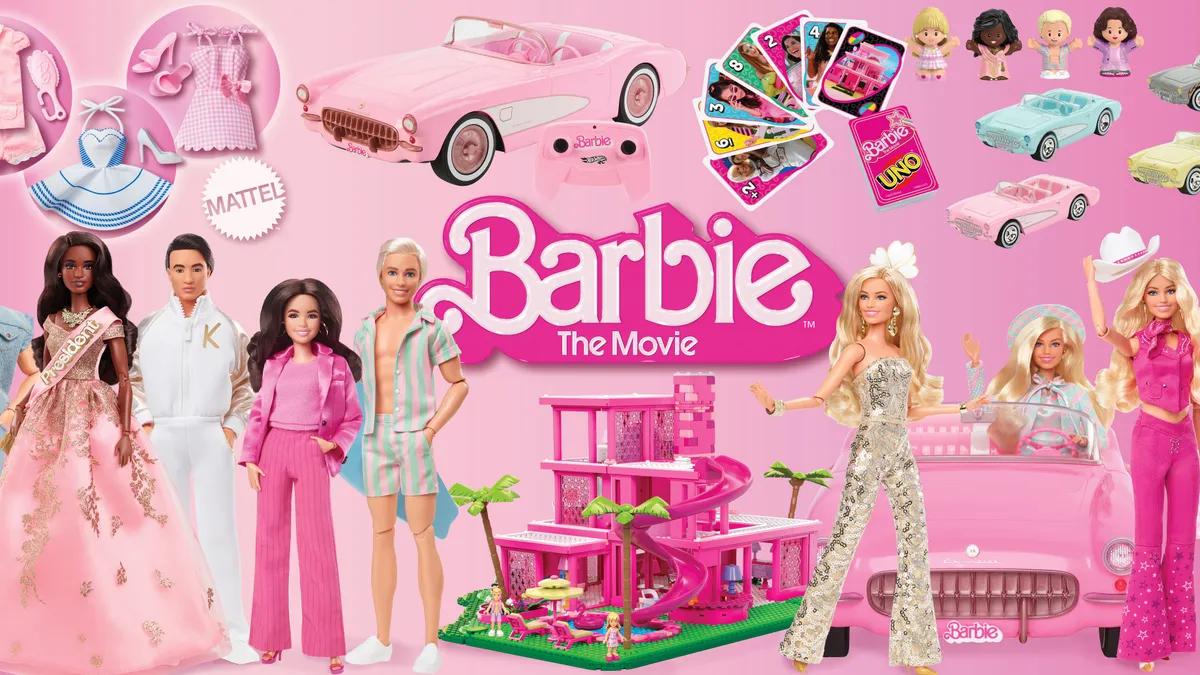Mattel has been scrambling to adjust to challenges brought on by tariffs, contributing to gross margin contraction in Q3 for the toymaker, executives said on an Oct. 21 earnings call.
In order to mitigate the impact of new import duties imposed by the Trump administration, many retailers have shifted from direct importing to domestic shipping. This leaves Mattel to handle importing and warehousing the goods, CFO Paul Ruh said on the call. Retailers have also been making smaller, more frequent orders to ensure they have the right inventory level.
“It's a more just-in-time and with more frequent order mechanism,” Ruh said, who called the situation an anomaly. “And given our scale and supply chain capabilities, at a high level, the economics to us are similar for both direct import and domestic, which is actually different for other players in the industry who are more geared to direct import.”
At the moment, inventories are well balanced ahead of the holidays, he said. Mattel ended Q3 with $827 million in inventory, an $89 million increase from last year, reflecting “tariff-related costs, foreign exchange and the buildup of inventories in response to retailers shifting from direct import to domestic shipping,” he said. Meanwhile, retail inventories are “modestly lower” year over year.
“Retailers are restocking to meet the expected consumer demand ahead of the holiday season,” Ruh said. “So all of this bodes well for a strong holiday season and also for a good ending of the year.”
Otherwise, the company hasn’t seen the full impact of tariff costs yet, though they are expected to show up in Q4, Ruh said. At the end of Q2 and beginning of Q3, Mattel and its retail partners raised prices to soften the impact. But no decision has been made about combating tariffs and other inflationary pressures via pricing, he said.
















